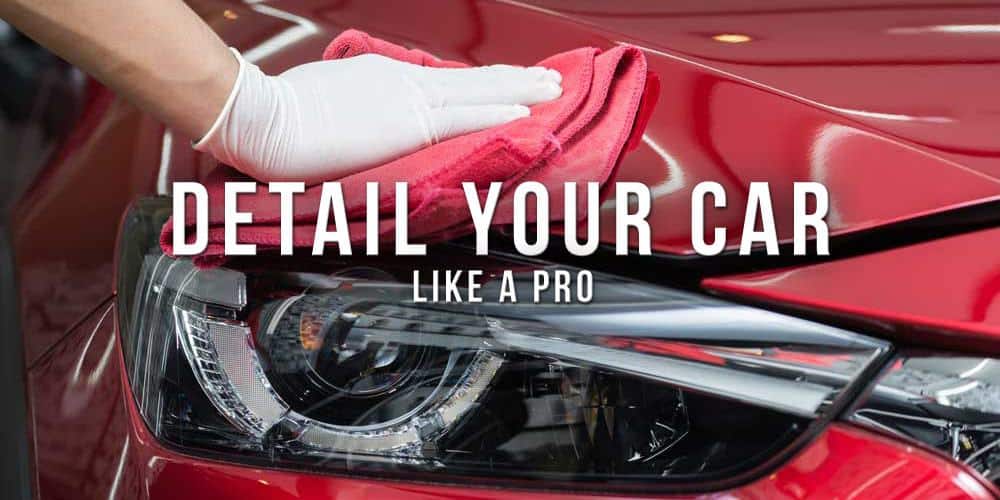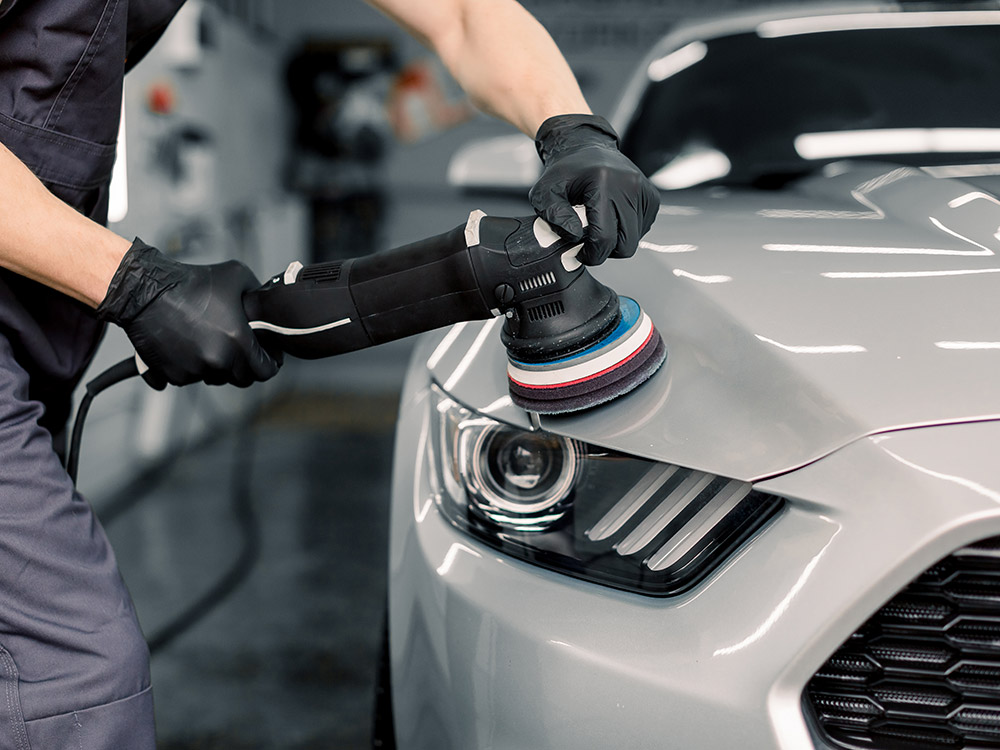Unlock the Tricks to Exceptional Auto Take Care Of Optimal Efficiency
Comprehending the nuances of phenomenal cars and truck treatment is critical for achieving optimal efficiency and ensuring your vehicle's long life. Regular maintenance methods, from liquid checks to tire management, play a pivotal function in avoiding unexpected failures and improving your driving experience. Lots of automobile proprietors neglect essential elements that can considerably impact effectiveness and security. By checking out the complexities of brake upkeep and seasonal prep work, one can discover techniques that not only boost capability yet likewise expand the life of the lorry. What details elements should be prioritized to attain these benefits?
Importance of Routine Upkeep
Regular upkeep is essential for making certain the longevity and optimum performance of any type of lorry. Following a regular upkeep timetable not only improves the driving experience yet likewise reduces the danger of unanticipated breakdowns. Regular inspections and timely servicing can recognize possible problems prior to they escalate into more considerable troubles, eventually conserving drivers both money and time.
Additionally, regular maintenance plays an essential role in maintaining the car's resale value. A well-kept lorry is a lot more enticing to possible customers and can regulate a greater rate in the market. This is especially crucial in an affordable vehicle landscape where purchasers usually focus on reliability and service history.
In addition, regular maintenance adds to boosted gas effectiveness and safety and security. Elements such as brakes, tires, and shock absorber need regular checks to guarantee they operate effectively. Rochester Car Care. Neglecting these elements can bring about decreased performance and enhanced fuel intake, along with increased threats when traveling
Vital Fluids and Their Features
4 important fluids play a vital role in the optimal performance of a vehicle: engine oil, coolant, transmission liquid, and brake fluid. Each of these fluids offers a specific objective, adding to the overall efficiency and safety and security of your car.
Engine oil lubes the moving parts within the engine, lowering friction and wear. It likewise aids to dissipate warm, making sure that the engine operates at an ideal temperature. Routine oil changes are critical to preserving engine durability.
Coolant, or antifreeze, manages the engine's temperature by taking in warmth and avoiding getting too hot. It distributes through the engine and radiator, preserving a reliable thermal balance. Rochester Car Care. Keeping the coolant at the ideal levels is crucial for preventing engine damage
Transmission fluid oils the equipments and parts of the transmission, helping with smooth equipment changes and improving overall performance. It likewise aids to cool down the transmission, guaranteeing it works appropriately under numerous driving conditions.
Brake fluid is crucial for the operation of the stopping system. It transfers the pressure from the brake pedal to the brake parts, enabling effective quiting power. Routine checks and substitutes of brake liquid are essential for safe driving.

Tire Treatment and Replacement Tips
Appropriate tire care is essential for guaranteeing automobile safety and security and efficiency on the road. Frequently examining tire pressure is one of the most important elements of tire maintenance. Under-inflated tires can cause raised damage, reduced fuel efficiency, and endangered handling. On the other hand, over-inflation can trigger unequal walk wear and enhance the danger of blowouts. It is a good idea to check tire stress at the very least as soon as a month and in the past lengthy journeys, using a reputable pressure gauge.
Furthermore, routinely inspect tire step deepness. A minimum walk deepness of 2/32 of an inch is suggested for risk-free driving; however, much deeper image source footsteps provide far better grip in wet problems. Make use of the "cent examination" by placing a penny right into the walk-- if you can see Lincoln's entire head, it's time to change the tires.
Rotation of tires need to be done every 5,000 to 7,500 miles to promote even put on. Last but not least, maintain an eye out for noticeable indications of wear, such as fractures or lumps, as these can show that substitute is essential. By adhering to these standards, you can boost your lorry's efficiency and prolong the lifespan of your tires.
Brake System Upkeep
The brake system is a crucial element of vehicle safety and security, straight affecting stopping power and general driving performance. Regular maintenance of this system is necessary to make certain ideal capability and longevity.

Pay attention for uncommon sounds, such as grinding or squeaking, which may suggest that the brake pads are put on or that there are issues with other components. Additionally, if you experience a squishy or soft brake pedal, this may signal a requirement to inspect for air in the brake lines or prospective leakages in the system.
Lastly, make sure that brake lights work effectively, as they are vital for risk-free driving. By adhering to these upkeep practices, you can enhance your vehicle's braking performance and guarantee a much safer driving experience.
Seasonal Lorry Preparations
As seasons change, car preparedness ends up being vital for preserving safety and efficiency when traveling. Each period provides distinct difficulties that can impact your car's performance and integrity. Consequently, seasonal lorry prep work are critical for optimum procedure.
In spring, focus on inspecting the battery, as temperature level changes can influence its efficiency. Guarantee that windshield wipers are functioning appropriately to manage spring showers and examine tire stress, which can transform with warmer temperatures.
Summer demands focus to cooling systems. Examine coolant levels and hoses to protect against getting too hot during heats. In addition, make certain that a/c systems are running effectively for comfort throughout journeys.
As fall methods, prepare for like it rainfall and falling fallen leaves. Clean the air filter and inspect brakes to ensure safety on slick roadways.
Wintertime requires the most extensive prep work. Switch Our site to winter season tires for far better traction and inspect antifreeze levels, ensuring they fulfill the required specifications. Check the battery, as cool climate can drain pipes power swiftly.
Conclusion
In verdict, extraordinary car care is important to guaranteeing optimal performance and durability of lorries. Regular maintenance, consisting of liquid checks, tire care, and brake system maintenance, substantially lowers the likelihood of unforeseen malfunctions. Seasonal prep work further enhance safety and security and dependability. By sticking to these techniques, drivers can improve fuel effectiveness, preserve resale value, and develop a more secure driving setting. Therefore, prioritizing extensive automobile treatment is important for attaining continual automotive excellence.
By checking out the complexities of brake maintenance and seasonal prep work, one can reveal methods that not only improve capability however likewise prolong the life of the vehicle. Components such as brakes, tires, and suspension systems call for routine checks to guarantee they operate effectively - Rochester Car Care.Brake liquid is necessary for the operation of the stopping system. It transfers the force from the brake pedal to the brake parts, allowing effective quiting power. Brake fluid absorbs dampness over time, which can lead to rust and decreased efficiency; therefore, it ought to be changed every two years or as recommended by the maker